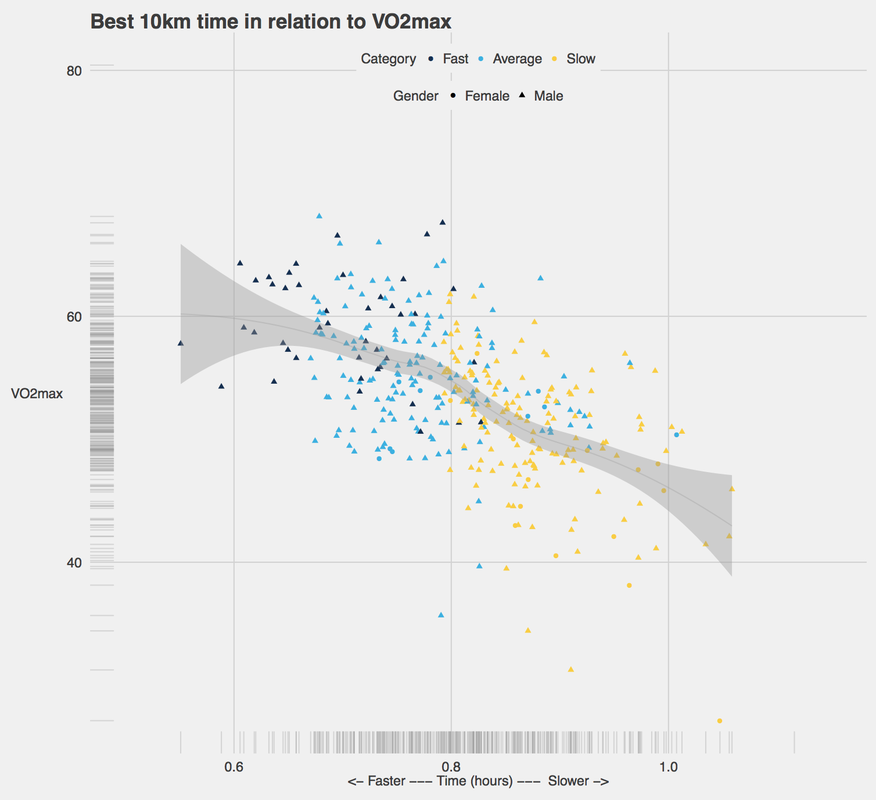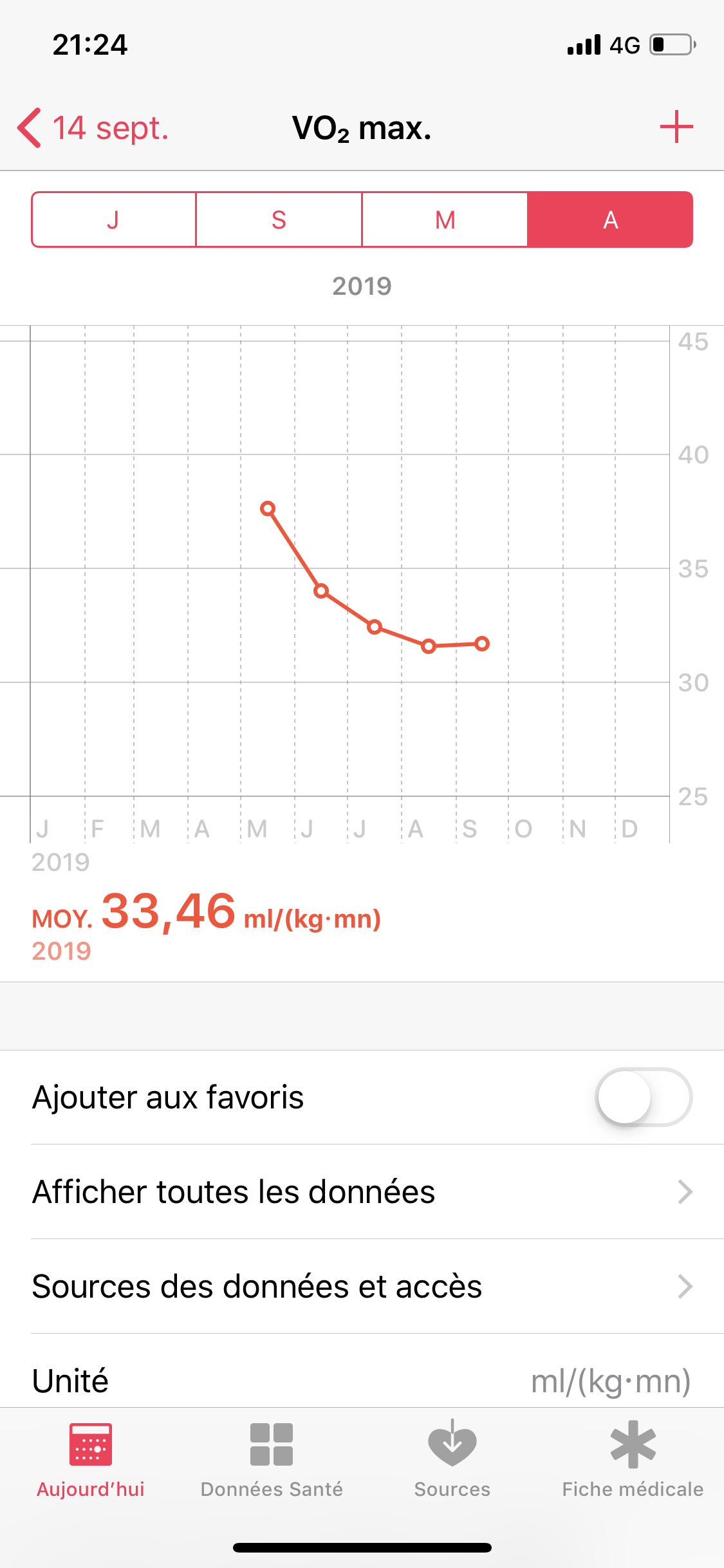VO2max is not super important for 10k. It's correlated with performance, but it's not a good predictor.

(Source)
Don't worry too much about HR or VO2max. You should focus on performance. If you're improving your times and running longer distances, then it doesn't matter if your watch says your VO2max is decreasing.
If your resting HR is increasing, however, it might be a sign of overtraining, which I assume is not your case. Your watch is either estimating the VO2max based on HR or based on performance. Did you notice any significant change in your HR recently? If so, you should talk to a cardiologist just to be sure. If not, then don't worry about it. One possibility is that the watch started with a bad estimate and it's adjusting it as it increases its database.
Also, trying to estimate VO2max based on HR or performance is not particularly reliable. I've measured my VO2max and the estimates were way off.
Ok, to the questions:
(1) With endurance training. Basically just run more, but any aerobic activity will help. Don't expect big changes quickly.
(2) A popular choice is HIIT. But VO2max trainability varies a lot from person to person. Some people simply don't show any improvement at all.
You won't see much improvement running only once a week. Try running more often. At least twice a week. Maybe shorter and faster runs. Don't run always the same distance. Do shorter and faster runs on weekdays and a longer and slower run during the weekend, for example.

